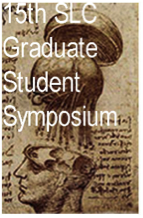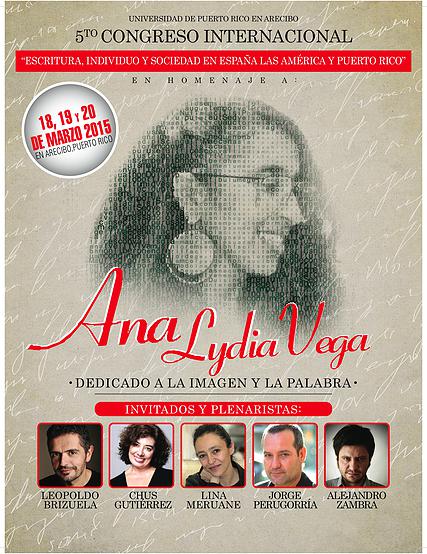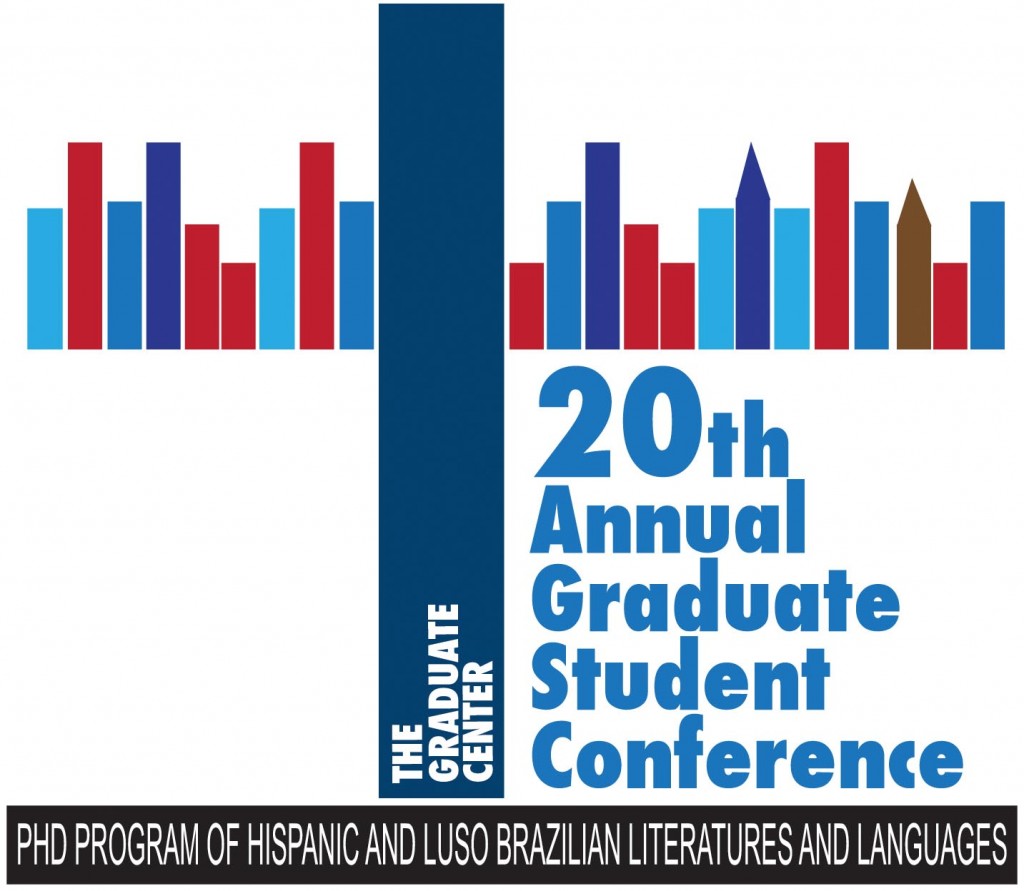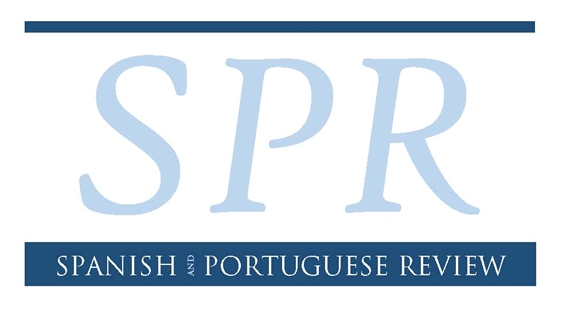“Mind, Body, and (Con)Text: Cognitive Approaches to Literature and Linguistics”
Purdue School of Languages and Cultures 15th Annual Graduate Symposium
Dates: March 6-7, 2015
Location: Purdue University, West Lafayette, IN
Deadline for proposals: December 14th, 2014
Keynote speakers: Mark Bruhn (Regis College), William Croft (University of New Mexico)
$100 travel grants are available (see more information below).

From the conference organizers:
With varying degrees of success, we relate to others, as humans and readers, not only through language, but also through embodied experience of a shared world. We come into contact with people in our environment and with characters on a page. What are the mechanisms and the limits of this oral or written language? Our own bodies are the best tools for understanding others, and our senses join our implicit knowledge of the context to construct an idea of other human minds. Additionally, our embodied experience is key to understanding ourselves: our pasts, our present identities, and our plans for the near and distant future. How does language express or structure this experience? How does this experience evolve or stagnate in accordance with or despite changes in time and space? In what ways do our bodies of the present inform our memories, our readings of texts, and, in the case of the author, the writing process?
To shed more light on the subject, research in literature, linguistics, and science converge. This year, the Purdue SLC Graduate Student Symposium (March 6-7) would like to call presenters from these and related fields to join the dialogue. Papers should address one or more of the following topics:
– Learning about the human mind or brain through literature and/or language
– New interpretations of literature through applications of findings in cognitive science
– The relevance or limitations of fMRI and other methods in literature and linguistic studies
– Theory of Mind
– Conceptual Blending
– Challenges and support for Descartes’s “cogito ergo sum”
– “The self” in body and mind; consciousness in literature
– The embodied experience of myths, religion, and faith in language and literature
– Memory and the five (six?) senses
– Animal minds
– Implications of space and time in constructing the self and the other
Abstracts submissions, 250 words, Times New Roman 12, Double Spaced, should be sent to slcsymposiumpurdue@gmail.com by December 14, 2014. Panels are also welcome. In your e-mail submission please specify the presenter’s name, institution of affiliation, e-mail address, and phone number. Please do not include any identifying information on the abstract itself. In a separate attachment, you may also submit a short form CV (1 page). Up to two travel grants in the amount of $100 will be awarded to students with excellent proposals who do not have all expenses covered by their university. No additional application is necessary. You will be informed of the committee’s decision after January 16, 2015.








